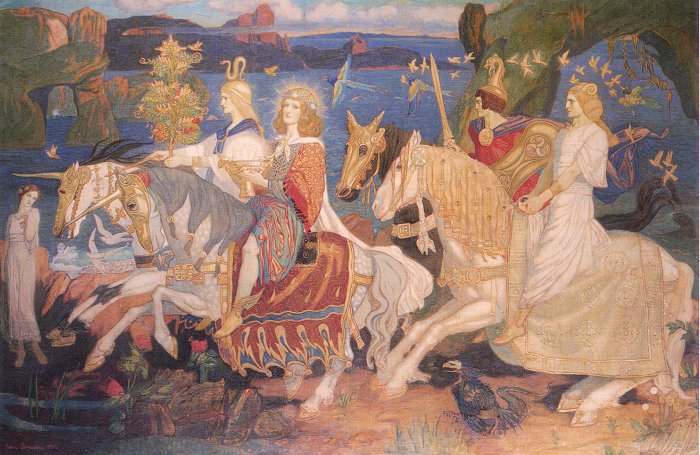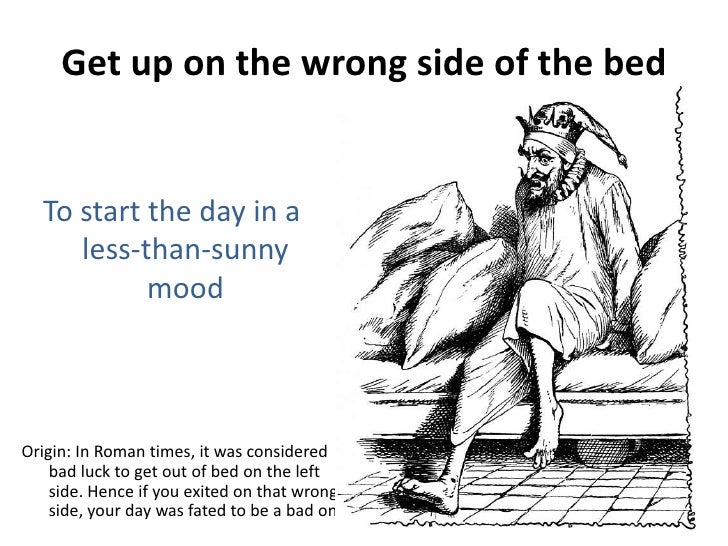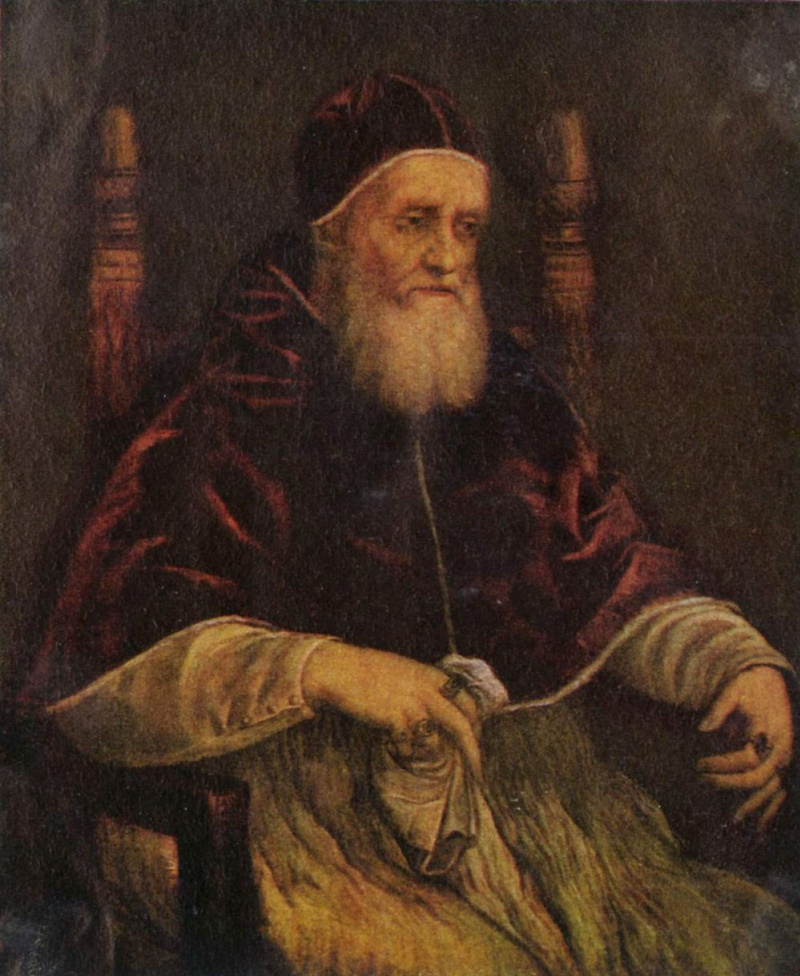by Aleksandra Steiner
Copyright © 2023
Native Phraseological Units
The origin of the majority of phraseological units is unknown, but they may reflect traditions, memorable events, customs, and beliefs of English-speaking people. They have come from the beggars’ hovels and from courts of kings. Among native phraseological units, we find the following:
Phraseological units alluding to memorable events
Phraseological units referring to the battlefield or arts of warfare
Biblical phraseological units
Occupational phraseological units
Phraseological units reflecting English traditions and customs
Phraseological units connected with beliefs
Phraseological units connected with some superstitions
Phraseological units coming from fables, parables, stories, legends, novels, plays, and poems
Phraseological units containing certain names
Phraseological units reflecting English traditions and customs:
by (или with) bell, book and candle means irrevocable. This expression alludes to the closing words of the rite of excommunication, ‘Do to the book, quench the candle, ring the bell’, meaning that the service book is closed, the candle put out, and the passing bell rung, as a sign of spiritual death.
Phraseological units reflecting English traditions and customs:
to ride a high horse and on one’s high horse. In the fourteenth century John Wyclif recorded that in a royal pageant, persons of high ranks were mounted on ‘high’ horses. The tradition died; however, the phrase remained meaning the person considered himself or herself very important and superior to others.

Phraseological units reflecting English traditions and customs:
The Blue Ribbon, the highest distinction, the pick of the bunch, is the most desired Order of Knighthood in Britain. It is used in conjunction with something outstanding.

Phraseological units reflecting English traditions and customs: To carry coals to Newcastle means expressing the futility of taking something to a place where it already exists in great quantity. 
Phraseological units reflecting English traditions and customs: Put somebody in the cart means ‘to put somebody in reduced circumstances, in a difficult position in which one is likely to be scolded; to put in trouble.’ A cart is a wagon which carried criminals to the place of execution.

Phraseological units connected with beliefs:
to have an itching palm (or palms) or to have an itchy palm means ‘to have a great desire for money and wealth’ or ‘to be in need of a tip.’ This phraseological unit refers to an old belief that an itching palm indicated that a person is about to receive money.

Phraseological units connected with some superstitions:
to get out of bed in the wrong side (to be bad tempered, grumpy). The wrong side of the bed is left. According to a superstition, it is unlucky to get out of bed on the left side because that is where devils dwell, and they will be with that person the whole day

Phraseological units coming from fables, parables, stories, legends, novels, plays, and poems: A chip off the old block, meaning ‘a child who is like his or her father in appearance and character, or both.’

Phraseological units coming from fables, parables, stories, legends, novels, plays, and poems:To kiss the Blarney stone means ‘to have the ability to persuade, praise, or deceive with charming talk.’ According to the legend, a person who has kissed the stone at Blarney Castle near Cork, Ireland, is given the gift of flattery.

Phraseological units coming from fables, parables, stories, legends, novels, plays, and poems:
Pope gave many phraseological units to the common vocabulary of the English-speaking world. The following are only a few of the best known quotations: a little learning is a dangerous thing; to err is human; for fools rush in where angels fear to tread; and at every word a reputation dies. Many phraseological units come from William Shakespeare: brevity is the soul of wit (Hamlet, 2.2.90); breathe life into a stone (All’s Well That Ends Well, 2.1.73); heart on my sleeve (Othello, 1.1. 64); in my mind’s eye (Hamlet, 1.1.186); and the milk of human kindness (Macbeth, 1.5.17).


Published: Apr 10, 2023
Latest Revision: Apr 10, 2023
Ourboox Unique Identifier: OB-1439088
Copyright © 2023








